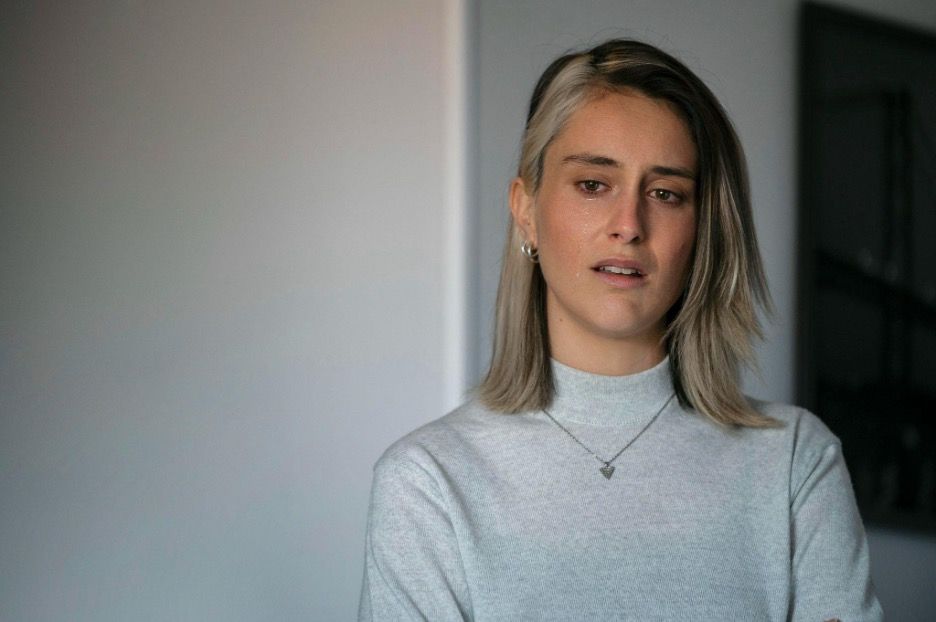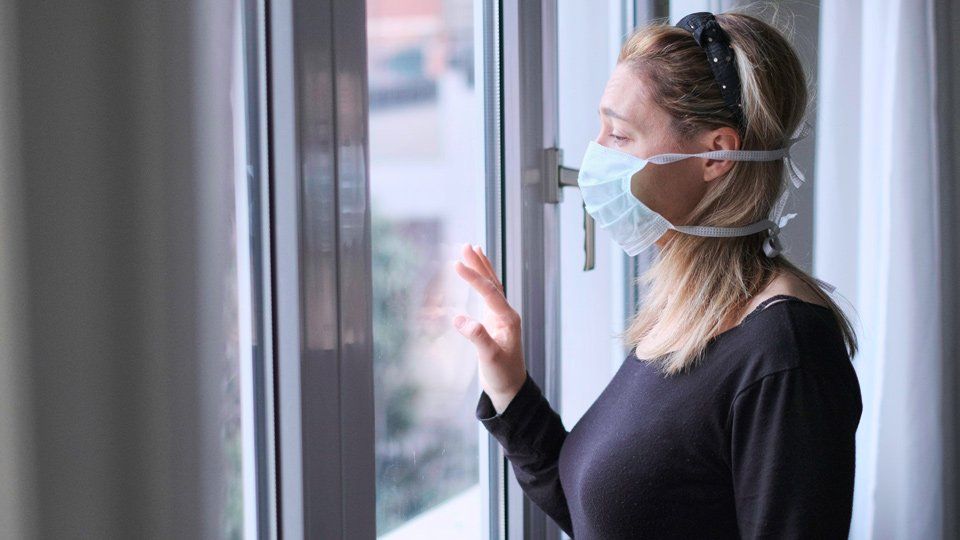2025 Stroll Award Winner
Voted the Best Counseling Practice in Park Ridge, IL

2025 Stroll Award Winner
Voted the Best Counseling Practice in Park Ridge, IL

If you’ve ever wondered whether you or someone you care about is dealing with anxiety, OCD, or maybe both — you’re not alone. These two can look pretty similar on the surface. After all, both can involve worry, fear, and racing thoughts. But when you take a closer look, there are some important differences between the two.
Anxiety is a normal part of being human. It’s our brain’s way of protecting us from danger — think of it as an internal alarm system. But for people with anxiety disorders, that alarm goes off too often, even when there’s no real threat.
People with anxiety might experience:
Common anxiety disorders include Generalized Anxiety Disorder (GAD), panic disorder, social anxiety, and more. The worries might center around health, work, relationships, or just everyday life.
OCD, or Obsessive-Compulsive Disorder, is also rooted in anxiety — but it works in a specific, patterned way.
OCD involves two key pieces:
Here’s an example: Someone might have an intrusive thought like “What if I accidentally harmed someone?” (obsession). To relieve the anxiety from that thought, they might check the stove 10 times to make sure it’s off (compulsion).
Other common compulsions include:
The key difference is that in OCD, there’s often a loop: a thought → anxiety → a ritual to try to feel safe again.
Yes, absolutely. Both OCD and anxiety involve worry — but in OCD, the worry is usually:
In contrast, anxiety tends to be more general and broad, like:
And while anxiety might cause people to avoid things, it usually doesn’t involve repetitive rituals like OCD does.
Yes, and many people do. OCD is an anxiety disorder, so the two often overlap. But understanding the difference can help with getting the right treatment, since therapy approaches for generalized anxiety and OCD can be different.
If you’re noticing repetitive thoughts and behaviors that feel hard to control, or if worry is interfering with your daily life, it’s worth reaching out to a mental health professional. OCD and anxiety are both treatable, and you don’t have to navigate them alone. The professionals at Athans & Associates are trained to work with both OCD and anxiety; reach out today.
About the Author
Courtney Griffin is a Professional Counselor at Athans & Associates. She works with children and adults, and has a Master’s Degree in Clinical Mental Health Counseling from DePaul University.

































Contact Athans and Associates today at (847) 823-4444 for more information about any of our counseling services.